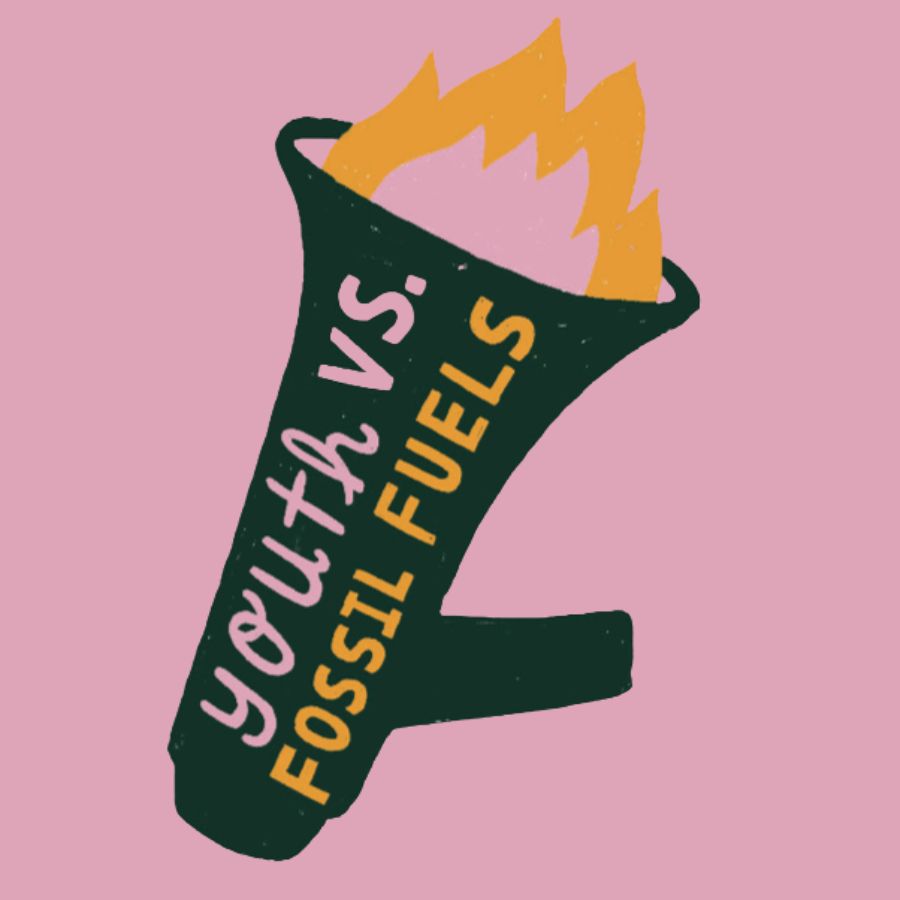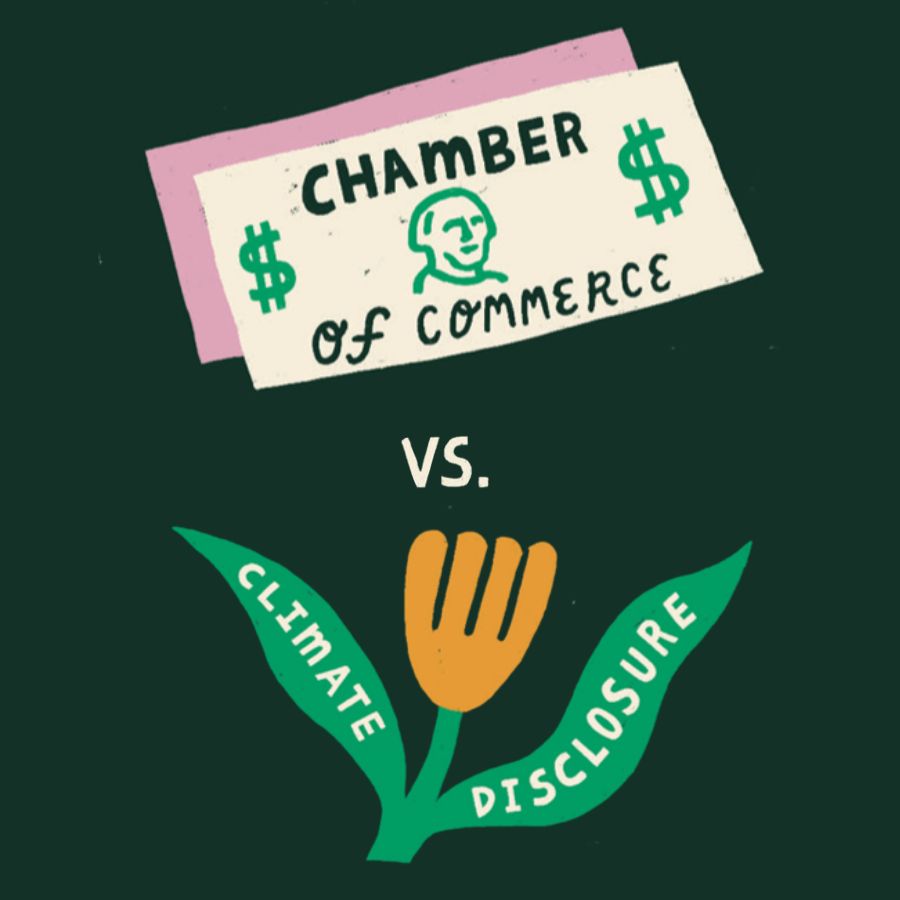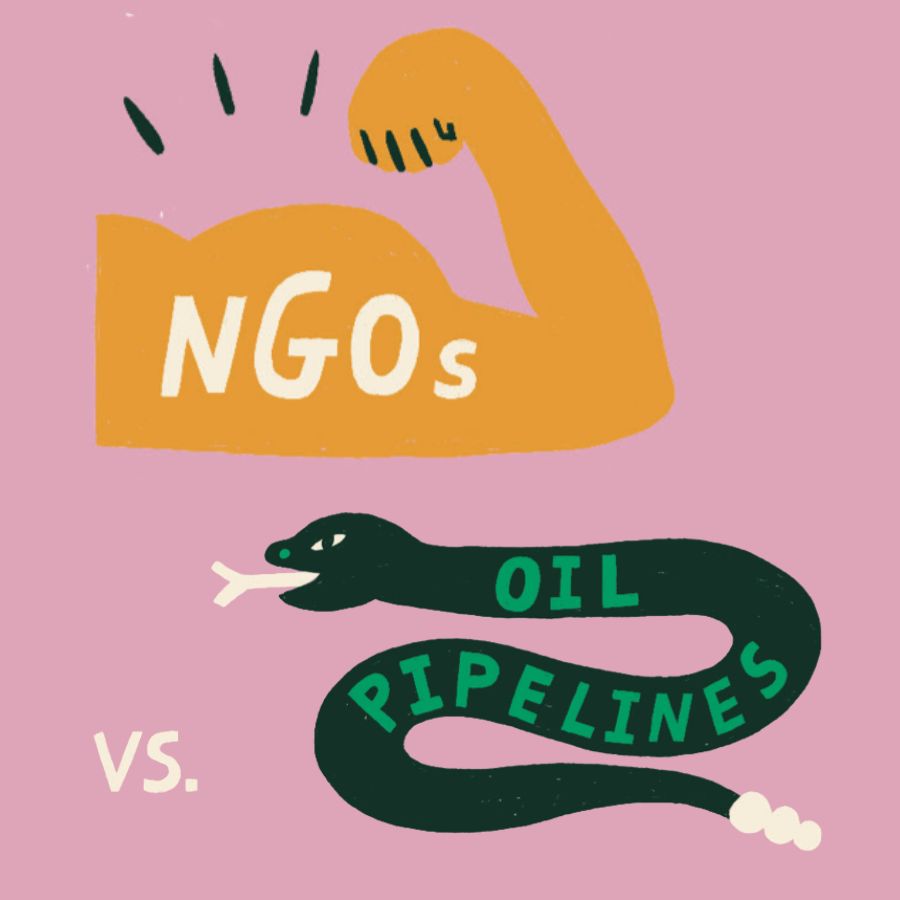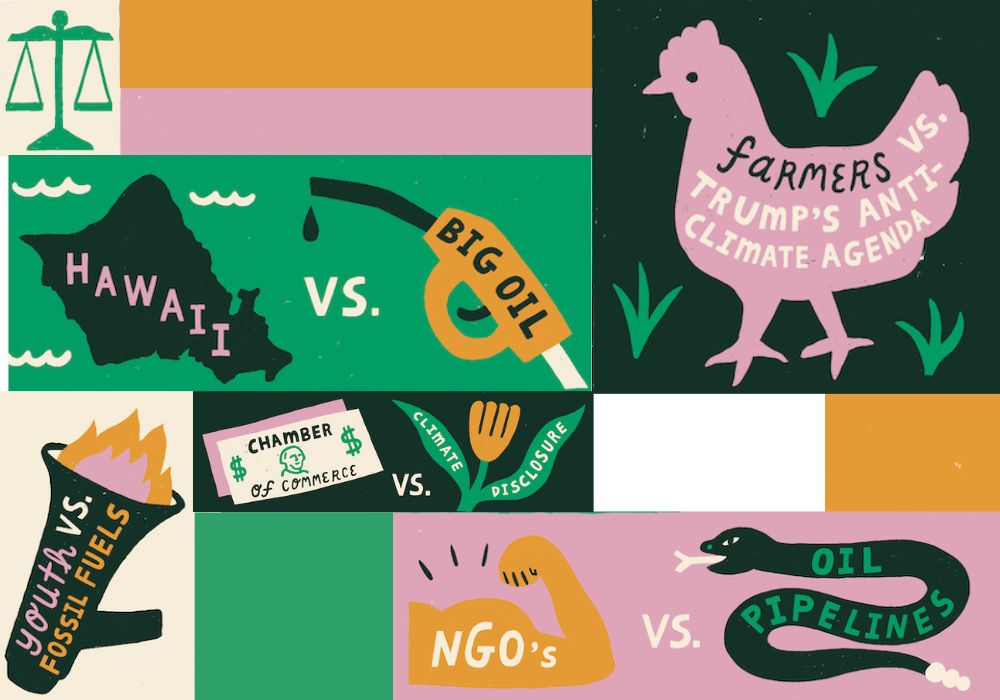Around the world, the courts have emerged as the leading edge to compel more meaningful climate action and call greenwashing to account, with as many as 3,000 legal challenges filed in more than 55 countries. A report by the Grantham Research Institute last summer found that the number of cases filed against fossil fuel companies each year has nearly tripled since the Paris Agreement in 2015. Fossil fuel companies are, of course, also filing their own lawsuits, setting the stage for many more years of intense struggle within global justice systems.
 1. Hawaii vs. Big Oil
1. Hawaii vs. Big Oil
Since 2020, the city of Honolulu in Hawaii has sought to hold oil and gas companies liable for misleading the public about the impacts of burning fossil fuels. In January, the U.S. Supreme Court turned down an appeal to review the suit, clearing the way for Big Oil to finally stand trial for decades of deception. Honolulu’s lawsuit is one of many currently moving through U.S. courts that accuse big polluters of lying about climate change to hamper the energy transition.
 2. Youth vs. fossil fuels
2. Youth vs. fossil fuels
In 2018, Ontario passed the Cap and Trade Cancellation Act, which not only repealed the province’s cap-and-trade system but weakened its climate targets. The backtracking prompted seven young climate campaigners to launch a suit against the provincial government the following year. The Ontario Superior Court initially ruled against them, but in October, an appeals court restored their case and gave them a new hearing. Lawyers for the youth say the court will be asked to provide “meaningful remedies for the government’s ongoing violation of Charter rights.”
 3. US. Chamber of Commerce vs. climate disclosure
3. US. Chamber of Commerce vs. climate disclosure
In 2023, California passed two laws requiring companies to disclose their GHG emissions and their climate-related risks. Last January, the U.S. Chamber of Commerce teamed up with business groups to file a lawsuit claiming that the laws violate their first amendment rights. But two federal judgments on the challenge have so far gone against the plaintiffs, clearing the path for California to become the first state to implement compulsory climate reporting and setting a precedent for other states considering similar rules, like New York and Colorado.
 4. Farmers vs. Trump’s anti-science agenda
4. Farmers vs. Trump’s anti-science agenda
Just one month into Donald Trump’s new presidency, a cohort of organic farmers and environmental groups sued the U.S. Agriculture Department for scrubbing climate change references from its website, including data and interactive tools. The purged information was used by farmers to plan for climate risks like heat waves, droughts, floods, extreme weather and wildfires. The federal agency also froze key funds, depriving businesses and non-profits of promised money for conservation and climate programs.
 5. NGOs vs. oil pipelines
5. NGOs vs. oil pipelines
A group of African NGOs is suing the governments of Uganda and Tanzania for approving the East African Crude Oil Pipeline, a 1,500-kilometre, US$5-billion pipeline that is expected to produce 34 million tonnes of carbon per year over four decades. The plaintiffs say their governments failed to examine the project’s contribution to climate change, or the environmental and social impacts of a pipeline that will travel through local communities and ecologically sensitive areas.
This article appeared in the spring 2025 edition of the magazine.
The Weekly Roundup
Get all our stories in one place, every Wednesday at noon EST.







